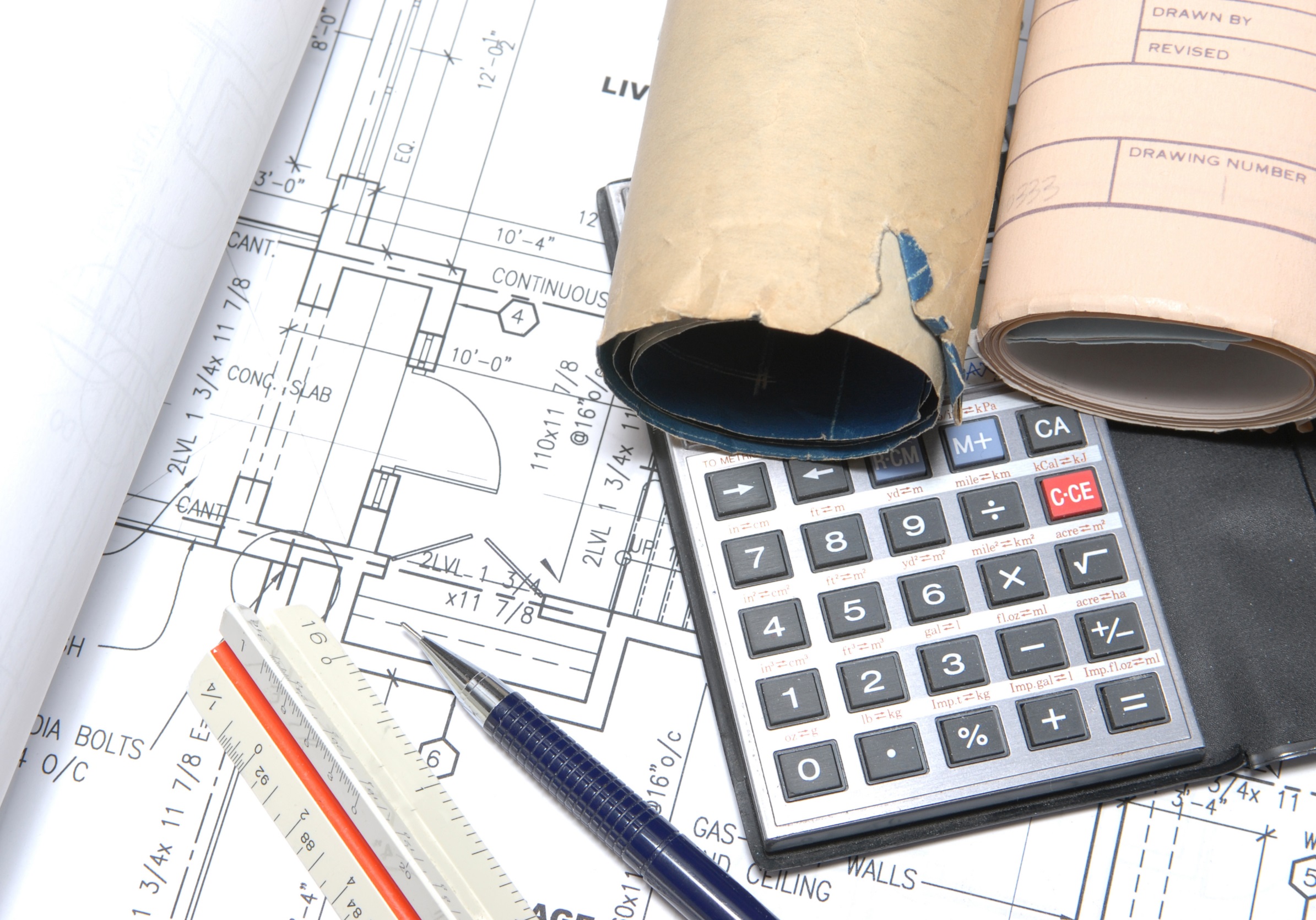With construction costs still elevated in mid-2025, every dollar saved on a renovation project can directly boost your bottom line. For fix and flip investors, managing budgets effectively means more than just choosing cheaper materials. It’s about making strategic decisions that keep timelines tight, reduce waste, and avoid common financial pitfalls. Whether you're flipping your first property or your fiftieth, identifying where to trim costs without sacrificing quality is essential to staying competitive in today’s market.
Look Beyond Big-Box Suppliers
Many new investors instinctively head to national chain stores for building materials, but smart flippers know there are better options.
- Buy in bulk from local wholesalers: Establish relationships with local lumber yards, tile shops, or appliance distributors. They often offer lower pricing and faster delivery than large chains.
- Explore liquidation centers: Overstock outlets and contractor supply auctions can provide brand-new items at a fraction of the retail cost.
- Use builder-grade materials strategically: In areas where customization doesn’t increase value, like closets or utility rooms, opt for budget-friendly finishes that still look clean and modern.
Negotiate Smarter with Contractors
Labor costs are one of the largest expenses in any fix and flip, but communication and timing can make a big difference.
- Avoid peak seasons: Spring and summer are busy for contractors. Scheduling work in early winter or late fall can sometimes secure lower bids due to reduced demand.
- Get multiple quotes with detailed scopes: Comparing line-by-line bids exposes inflated costs and gives you leverage to negotiate.
- Offer repeat work or referrals: Contractors value ongoing relationships. If you can offer consistent projects or connect them with other investors, you may gain priority and better pricing.
Reduce Delays That Add Hidden Costs
Time is money, especially in a flip. Delays lead to longer holding costs, missed selling windows, and unhappy partners or lenders.
- Schedule inspections early: Waiting on permits or inspections can stall your entire timeline. Pre-scheduling these before work begins helps avoid bottlenecks.
- Use project management tools: Even free software can keep tasks, timelines, and responsibilities organized, reducing confusion.
- Order materials before demolition: Having everything ready on-site avoids unnecessary downtime while waiting for deliveries.
Construction costs may remain high, but profit doesn’t have to suffer. Successful fix and flip investors stay ahead by being proactive. They shop smarter, negotiate better, and streamline operations wherever possible. With the right strategies in place, reducing renovation expenses becomes less about cutting corners and more about working intelligently. Every efficient decision you make brings you one step closer to a successful sale and a stronger return on investment.
